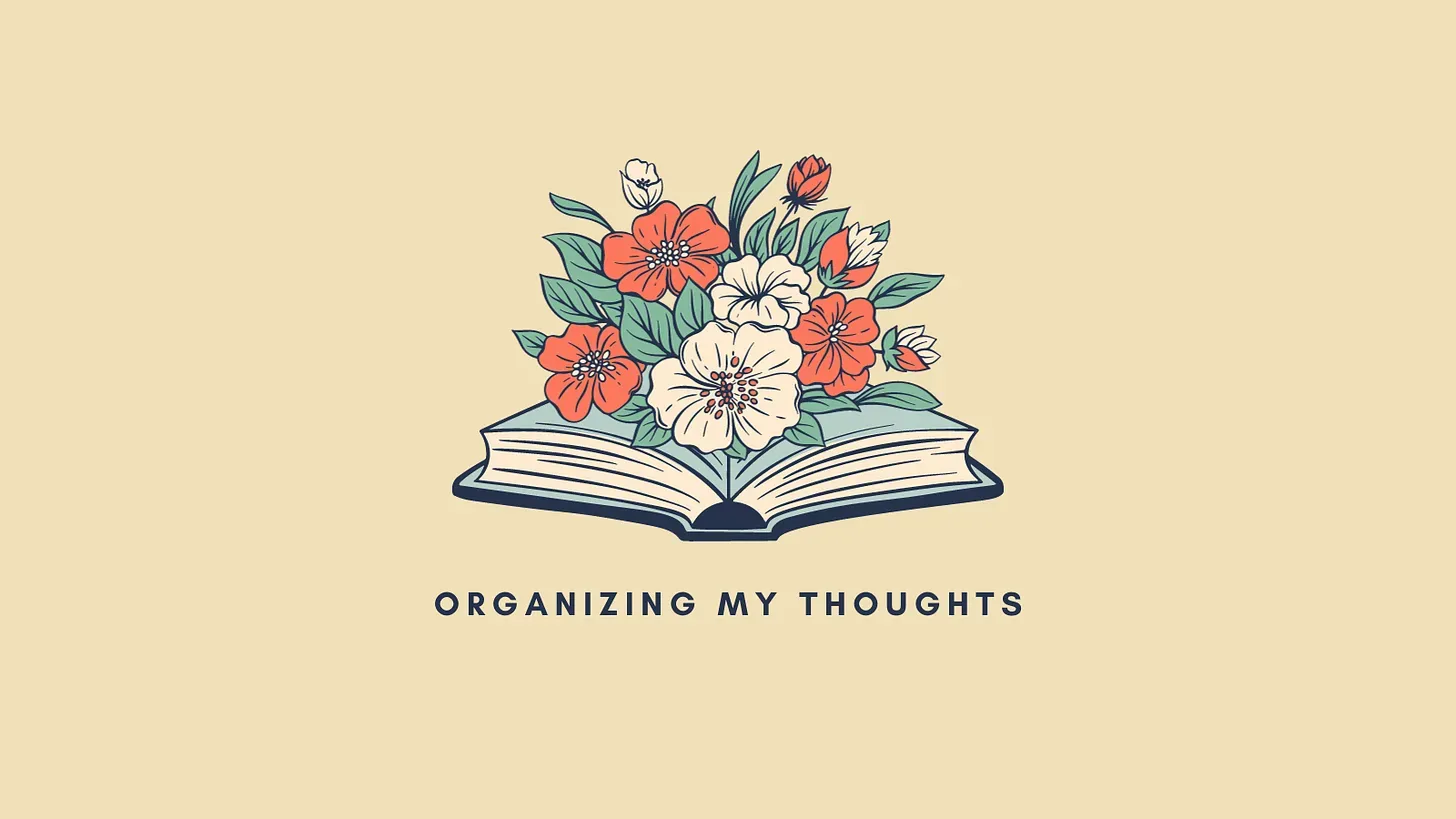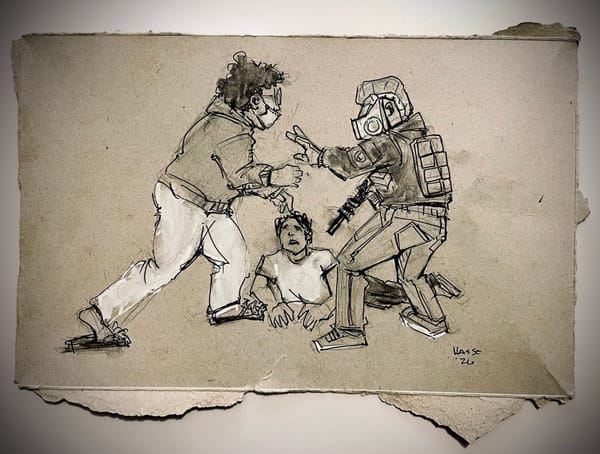Our Burning, Broken, Beautiful World: Thoughts on Turning 43

Today is my 43rd birthday. Two decades ago, this milestone seemed improbable, if not impossible. And yet, here I am, living in improbable, impossible times. Having survived what might have killed me, I sit upright and pour tears and laughter into a keyboard, which lets them loose upon the world.
Upon our burning, broken, beautiful world...
As I celebrate another year on this Earth, I am also taking a moment to lament life’s brevity. In the United States, Native people have the lowest life expectancy compared with other racial and ethnic groups. Diné organizer Klee Benally, who recently joined the ancestors, was only 48 when he departed. Time is so precious. It is our most finite resource, and we never know how much we have. We’re often told to make the most of it, but that means different things to different people.
I have the honor of sharing a birthday with Dr. Martin Luther King Jr., and, health permitting, I hope to mark the day by attending a protest. King was only 39 years old when he died, and he inarguably made the most of those years. Today, his legacy is often weaponized against protesters by white critics who would have condemned his organizing and his methods had they lived during King’s active years. Such people often point to protests they find objectionable or inconvenient and claim that Martin Luther King Jr. never would have engaged in such shenanigans – even when the tactic in question is one that King himself embraced.
Today, I am thinking about how King would have reacted to the ongoing genocide in Palestine. At the Anti-War Conference in Los Angeles, California, in February of 1967, King said, "It is not enough to say, 'We must not wage war.' It is necessary to love peace and sacrifice for it."
As I revisit those words, I think about what so many protesters have lost and risked while demanding an end to Israeli genocide. Activists have imperiled their liberty, their employment, and even their lives to end this violence because they know the people of Palestine are losing so much more in real time. Protesters are making sacrifices for peace and justice, as King said we must.
I am also thinking about how many people now claim to have marched with King or to have supported his work, even though recorded facts indicate that most of those people are full of shit.
In the years to come, as the horrid details of Israel’s ethnic cleansing of Gaza are written into history, how many people will claim they marched to stop the genocide in Gaza? How many will say they spoke against it?
While reflecting on the similarities between Native genocide and the horrors being inflicted upon Palestinians, my friend Sarah Kendzior recently wrote:
If you lived in the 1820s and 1830s, would you protest indigenous displacement? Would you countenance the destruction of entire family lines? Would you justify children dying as they walked hundreds of miles to Oklahoma, a territory the Choctaw renamed — Oklahoma is Choctaw for “land of the courageous” — in an attempt to maintain their dignity? Would you call them “barbarians” to ease your guilt? Would you buy into the myth of the “Vanishing Indian”, and pretend their extinction was preordained? Would you lie and claim the land was empty when the colonizers arrived?
Sarah rightly suggests that one's response to the genocide being waged by Israel is likely indicative of how one would have responded to Native genocide. I have been troubled by the notion, of late, that fanatical support of Israel's violence, along with the indifference of those who offer no opinion, underlines how historical atrocities have occurred and will continue to occur. There is no moral mystery. Atrocities occur because the majority approves, consents, or simply refuses to act.
Worlds within worlds burn, and the Earth itself burns, while most people go about their lives, justifying the flames or refusing to assert, or even imagine, that anything or anyone could be saved.
I am also thinking of the words of James Baldwin, who said, “The world is held together, really it is held together, by the love and the passion of a very few people."
Many people will lie about who they were and what they did during these dark days, as historical shame begets myth-making coverups. There is nothing we can do about that right now. What we can do is wage struggle and do our part, with all the love and passion we can offer, to hold the world together.
Caring deeply in an uncaring world can be a lonely business, so we must foster movements that provide us with fellowship and belonging as we live in struggle. We must find ways to hold each other and to be held as we endeavor to breathe some justice into the lungs of this world.
We must remember that joy and laughter have long been cultivated amid ruins and wreckage and that this, too, is part of what it means to survive in collectivity. We must never be duped into believing that joy and justice exist in opposition to one another, but rather, seek every opportunity to marry the two.
I often think about the words of my friend Mariame Kaba, who talks about working to minimize the space between our values and our actions. That is the work before us. Even on days when we do not march, we can always take another step in the direction of our values. We can live our politics as fully as possible, recognizing that we are not the majority but that our acts of love and resistance are the stuff that possibility is made of.
If we want decency to thrive in this world, we must nurture decency in our own lives and hearts. We must sing dissent in a world that would dismiss and belittle our hopes for one another.
Sometimes, I marvel at the fact that I am still here when so many others, who I have so much in common with are not. From COVID-19 to Palestine and beyond, I know I am not alone in this feeling. Why am I still here? Why me and not them? And what am I to make of it?
Before he was martyred, the great Palestinian poet Refaat Alareer told us, "If I must die/ let it bring hope/ let it be a tale." Alareer shaped hurt and hope into words and poured them into a keyboard, which let them loose upon the world. In doing so, he summoned hope and action in the face of death. That is not only a feat but also a gift. As we struggle to make sense of life and death amid broken buildings, worldviews, and futures, Alareer's words tug us by the sleeve and urge us onward, despite our confusion and grief. Who can decline such an invitation?
Alareer's poetry compels me to say that if I am to live another year, let it be a challenge. May I practice hope. May I build power in concert with others. May I move through the world with love, solidarity, and an unshakable belief in our potential. For this is what we must make of time.
So, I celebrate another journey around the sun and another set of opportunities to move toward joy and justice. And while I don't know how much time you, or I, or humanity has left to wander this burning, broken, beautiful world, I believe that, together, we can make the most of it.
In solidarity,
Kelly
Organizing My Thoughts is a free newsletter. If you can and would like to pay for a subscription, your support is greatly appreciated. Paid subscribers will be invited to periodic virtual conversations with Kelly and other writers and organizers.




